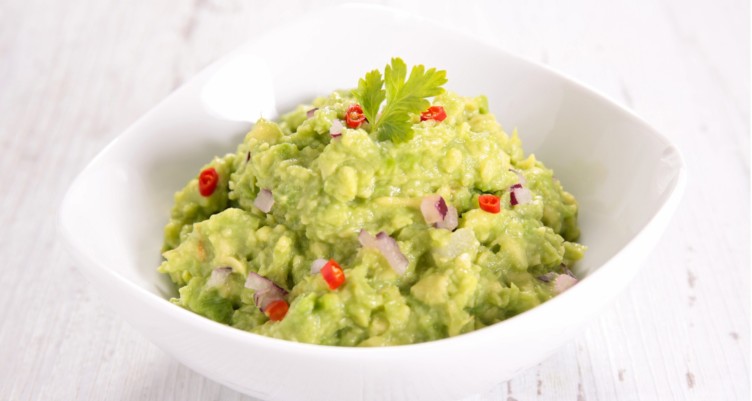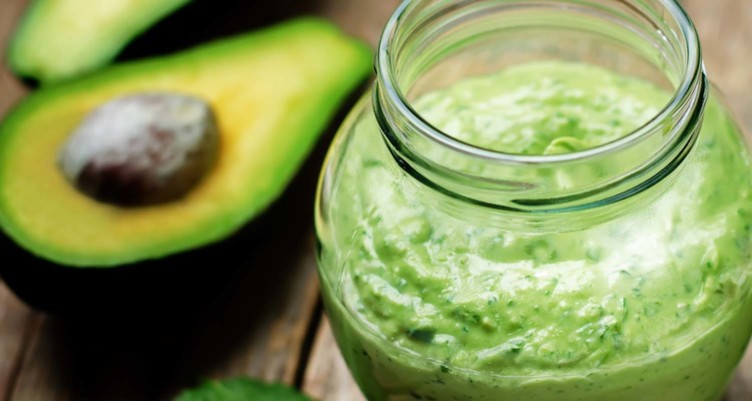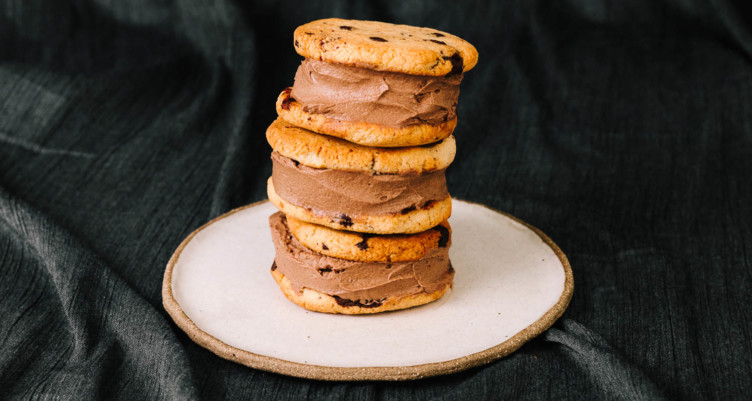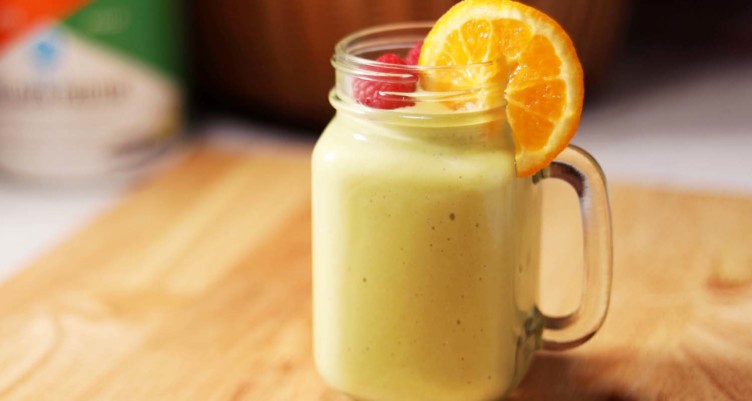Dietary Fats: Types, Benefits, and Their Importance in Your Diet

- Dietary fats play a vital role in fueling your body and brain. Understanding the difference between healthy fats and harmful fats found is key to maintaining optimal health.
- Healthy fats offer a multitude of benefits, from boosting heart health and brain function to providing sustained energy throughout the day.
- We are invested in the power of fats for optimizing brain performance and overall wellness. By including MCT oil, grass-fed ghee, and fatty fish in your diet, you can fuel your body, support hormonal balance, and maintain sustained energy levels.
Fats are essential to your diet, but not all fats are the same. Understanding healthy and unhealthy dietary fats can help you make better food choices. The Bulletproof lifestyle emphasizes the importance of healthy fats for energy and brain function.
Learn about saturated vs unsaturated fats and how to include more good fats in your diet for a healthier lifestyle.
What Are Dietary Fats?
For many years, fat had a bad reputation. People thought that eating fat made you gain weight and led to problems like heart disease. Early studies funded by the sugar industry had linked high-fat diets to health issues.[1] As a result, low-fat diets became popular in the 1980s and 1990s. However, recent research has shown that not all fats are bad for you. Some fats are essential for good health.
Understanding fat is essential for a balanced diet. Fats provide energy, help the body absorb vitamins, and are necessary for building cell membranes. There are four main types of fats: saturated fats, unsaturated fats (monounsaturated and polyunsaturated fats) and trans fats.
Animal products like butter, cheese and red meat contain saturated fats. These fats are solid at room temperature. Overeating some saturated fats may raise cholesterol levels and increase the risk of heart disease.[2]
Unsaturated fats are usually liquid at room temperature. Plants and fish contain unsaturated fats. Foods like olive oil, avocados and nuts contain monounsaturated fats. These fats may help with low-density lipoproteins (LDL) cholesterol levels and are good for heart health.[3] Sunflower oil, corn oil and some fish such as salmon contain polyunsaturated fats. They provide essential fatty acids like omega-3 and omega-6, which are important for brain function and cell growth.[4]
Trans fats are the worst type of fat. They hide in processed foods like cookies, cakes and fast food. Trans fats are created by adding hydrogen to vegetable oil, making it solid at room temperature. These fats can increase bad cholesterol and lower good cholesterol, raising the risk of heart disease.[5]
Each type of fat has a different impact on health. It is important to limit saturated and trans fats while including healthy unsaturated fats in your diet. Eating various foods and balancing different types of fats can help you maintain a healthy lifestyle.

Benefits of Healthy Fats
So how do good fats affect your brain and body? Here’s a few benefits you can expect from including healthy fats in your diet:
Heart Health
Healthy fats, primarily monounsaturated and polyunsaturated fats, can help bad cholesterol levels and heart health.[6]
Brain Function
Omega-3 fatty acids, a type of polyunsaturated fat, are crucial for brain health, support cognitive function and may help with mental decline.[7]
Energy
Healthy fats provide a concentrated energy source, helping you stay active and energized throughout the day. Try a cup of Bulletproof Coffee to kick start your morning, which includes heathy saturated fats from MCT oil and grass-fed ghee.
Nutrient Absorption
Fats help the body absorb fat-soluble vitamins (A, D, E, and K),[8] which are essential for various bodily functions, including immune health and bone health.

The Science-Backed Benefits of Healthy Fats
What is science saying about healthy fats today? Explore recent scientific studies highlighting the importance of good fats for a balanced lifestyle.
Omega 3’s and Abdominal Fat
A recent study suggests that taking omega-3 supplements could help reduce abdominal fat.[9] Researchers examined the effects of omega-3 fatty acid supplements on weight loss and brain function in overweight or obese adults on a diet. The group taking omega-3 supplements lost more abdominal fat than the control group. Plus, both groups showed some improvements in cognitive function.
Fat-Soluble Nutrients and Cognition
Healthy fats appear to support memory and cognitive health.[10] A study examined the combined effect of omega-3 fatty acids, carotenoids and vitamin E on cognitive performance in older adults. Participants who took these supplements made fewer memory task errors than those who took a placebo. The group taking the supplements also showed higher levels of these nutrients in their bodies.
Fish Oil and Exercise
Finally, combining fish oil supplements with strength training could enhance strength gains more than exercise alone.[11] A scientific study looked at the effects of fish oil supplements on strength training in young, healthy adults. Participants did a 10-week resistance exercise program and took either fish oil supplements or a placebo. The group taking fish oil showed a significant increase in strength, especially in upper-body exercises, compared to the placebo group.
The science is clear: fat is an important part of a healthy lifestyle. Next, learn how we approach fat in the Bulletproof Diet and why it’s a big part of our lifestyle.
The Bulletproof Approach to Fat
At Bulletproof, we embrace healthy fats for their vital role in optimizing brain and body functions. Fats are essential for cellular function, hormone production and energy storage.[12] Every cell in our body has a lipid membrane, which helps protect the cell and control what goes in and out. Fats are also crucial for producing hormones, which regulate many body functions like growth, metabolism, mood and even fertility.[13] And as if that weren’t enough, fats are an energy source, providing more than double the energy per gram compared to carbohydrates and proteins.[14]
Fats play a significant role in brain health. Fat makes up 60% of the brain and it is essential for brain function. Omega-3 fatty acids are vital for brain health. They help support memory and cognitive function in aging.[15] MCT oil provides quick energy for the brain, supporting mental clarity and focus.[16] Fats are also involved in other bodily functions, such as protecting organs, insulating the body and helping the body absorb fat-soluble vitamins like A, D, E and K.
Unlike carbohydrates, which can cause blood sugar spikes and crashes, fats provide a steady energy source. Moderate consumption of fat may help prevent overeating and can support weight management. Fats also enhance satiety and fullness, which can reduce overall calorie intake.[17] If you’re trying to lose weight, don’t skimp on good fats in your diet.
Fats are more calorie-dense than proteins, meaning they provide more energy per gram. Proteins are essential for building and repairing tissues but are less efficient as an energy source than fats.
To incorporate healthy fats into your diet and enhance satiety, try these tips:
- Add avocados: They are rich in monounsaturated fats and are great add-ins to salads, sandwiches or smoothies.
- Olive oil or Brain Octane C8 MCT Oil: Use in salad dressings or low-temperature cooking to preserve their nutritional benefits and maximize their positive effects on health.
- Snack on nuts and seeds: They provide healthy fats and protein, making them a great snack option.
- Include fatty fish: Salmon, mackerel and sardines are excellent sources of fatty acids.
- Use butter or grass-fed ghee: These can be healthier cooking options than margarine or vegetable oils.
Next, learn about our supplement testing standards and how we go above and beyond to deliver products you can count on.
Our Supplement Testing Standards
At Bulletproof, we take pride in using high-quality, clean ingredients in all our products. We never use GMOs, soy, gluten or artificial fillers. Each ingredient is chosen based on science-backed research and traditional wisdom. Our expert team selects ingredients at doses proven effective by clinical studies, ensuring you make impactful additions to your wellness routine. From sourcing to testing for purity, we carefully choose the ingredients in all our products.
We use scientifically proven ingredient and product testing methods, partnering with accredited third-party labs for all safety and quality tests. These labs help us verify that our products meet the highest purity, strength, and composition standards, which are in line with FDA regulations. Each production lot undergoes rigorous analysis for physical and chemical properties to ensure safety and efficacy. Additionally, our internal ingredient risk assessment process, overseen by food safety experts, focuses on your well-being. By adhering to these strict standards and working with trusted suppliers and co-manufacturers, we guarantee the consistent quality and reliability of Bulletproof products.
Ready to get cooking with healthy fats? Explore our top recipes in the next section.
Healthy Recipes for High-Fat Meals
Dairy-Free Keto Lemon Fat Bombs

Pumpkin Pie Fat Bombs

Keto White Chocolate Fat Bombs

Keto Lemon Poppy Seed Muffins

Bulletproof Guacamole

Avocado-Cucumber MCT Oil Salad Dressing

Keto Cookie Ice Cream Sandwiches

Tangerine Creamsicle Avocado Smoothie

Bacon-Avocado Caesar Deviled Eggs

FAQs on Healthy Fats
Can You Eat Too Much Healthy Fats?
Yes, it’s possible to consume too much healthy fat. While fats are essential for energy and nutrient absorption, exceeding daily calorie needs can lead to weight gain. The keto diet emphasizes high fat intake, typically aiming for 70-75% of daily calories from fat, along with moderate protein and low carbohydrates. This high-fat approach shifts the body into ketosis, where burning fat for fuel instead of carbs. However, even on keto, it’s crucial to maintain balance and avoid excessive calorie intake to achieve health goals effectively.
How Do Healthy Fats Affect Cholesterol Levels?
Healthy fats, like monounsaturated and polyunsaturated fats found in avocados, nuts, and fish, can support healthy cholesterol levels.[18] They raise high-density lipoprotein (HDL) cholesterol, known as good cholesterol, which helps remove harmful low-density lipoprotein (LDL) cholesterol from the bloodstream. This process helps to reduce the risk of plaque buildup in arteries and so supports a healthy heart. By incorporating these fats into your diet and replacing some saturated and trans fats, you can help maintain a healthy balance of cholesterol in your body, supporting cardiovascular health in the long term.
What Foods Are High in Good Fats?
Examples of healthy fats include avocados, which provide monounsaturated fats and fiber, and grass-fed ghee, rich in beneficial fats like omega-3s and CLA. For an easy morning treat, add a spoonful of Bulletproof Creamer, which includes grass-fed butter and MCT oil. Nuts and seeds, such as almonds and chia seeds, are sources of polyunsaturated fats and essential nutrients. Finally, fatty fish such as salmon provide omega-3 fatty acids crucial for heart health and cognitive function.
Can Healthy Fats Help with Weight Loss?
Healthy fats can aid in weight loss by promoting feelings of fullness and satiety. They digest more slowly than carbohydrates, helping to regulate appetite and reduce overall calorie intake. Good fats that may help with weight management include avocados, nuts and olive oil.
How Do Healthy Fats Benefit the Brain?
Healthy fats, particularly omega-3 fatty acids in fish, nuts and seeds, are crucial for brain health.[19] These fats help build and maintain cell membranes in the brain, supporting communication between brain cells. Omega-3s can also support cognitive health, memory and mood. Including these fats in your diet supports overall brain health and may help with cognitive decline as you age.
Sign up for early access to sales, product launches, the latest Bulletproof news and more!



